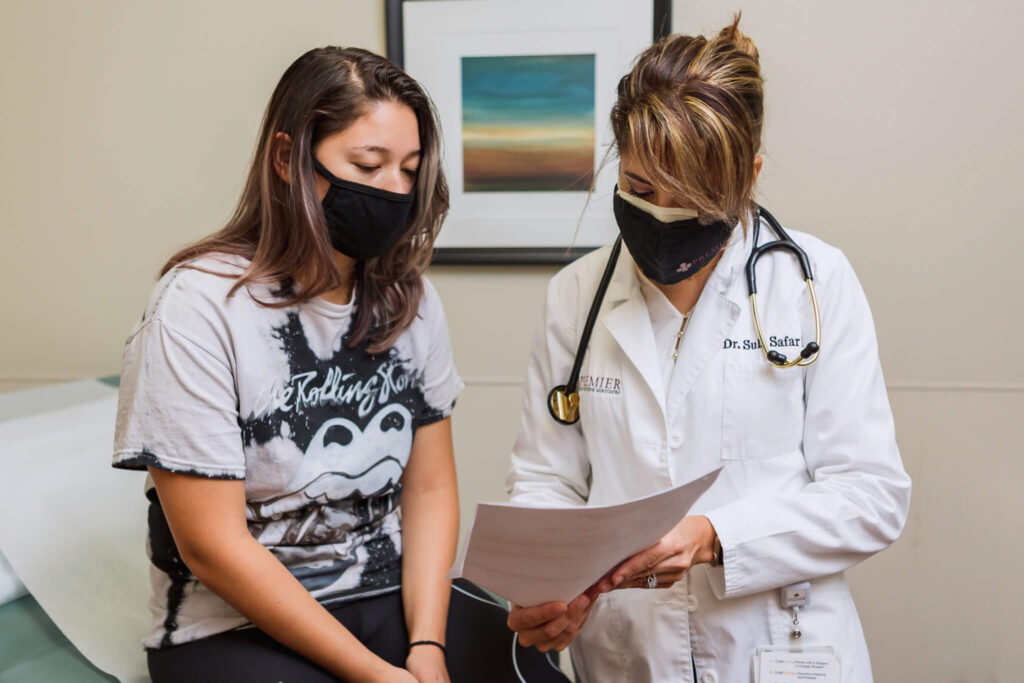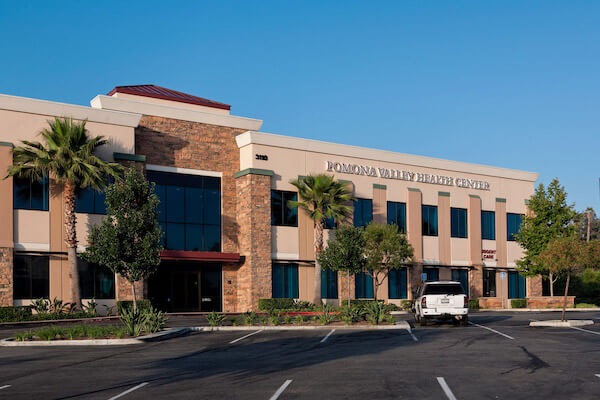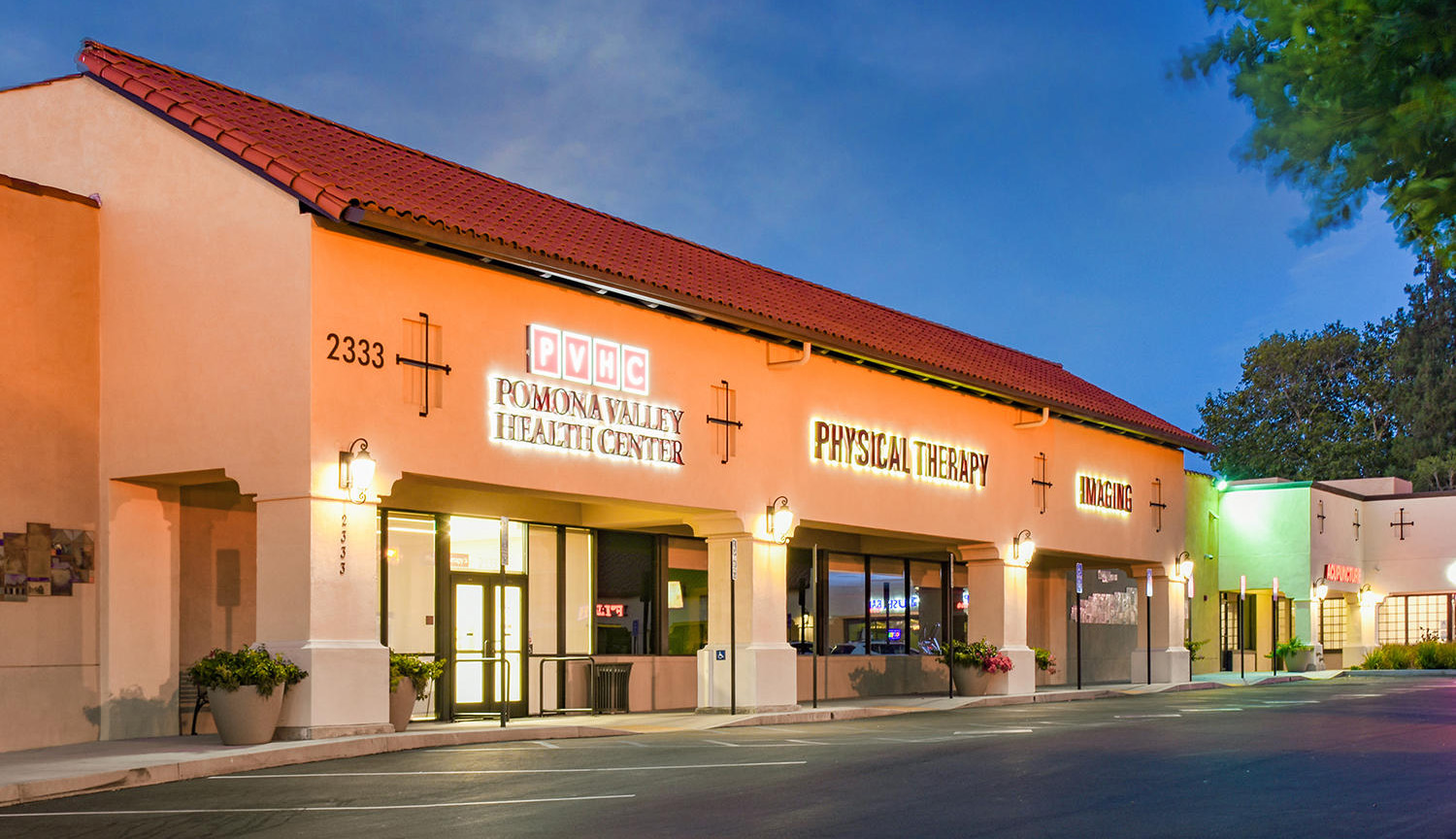
This article has been medically reviewed and approved by Carlos A. Baez, MD.
Even as the cooler weather rolls in, keep the importance of heat safety in mind.
While a day outside in the seemingly cooler temps may feel ideal for fun and relaxation, there are some serious precautions you should take, especially if you plan on enjoying the outdoors for hours at a time.
Sunburns are still possible, prolonged periods in the sun can lead to serious heat-related illnesses such as heat exhaustion and heat stroke.
These conditions affect thousands of Americans yearly, especially those who live in warmer climates or spend a lot of time outdoors.
If left untreated, heat exhaustion can lead to heat stroke, a life-threatening condition.
The good news is that heat-related illnesses are entirely preventable. Understanding the signs of heat exhaustion and taking appropriate measures to lessen your risk are essential.
Let’s discuss heat exhaustion in more detail, including the signs, symptoms, causes and treatment options.
Heat exhaustion is your body’s response to high temperatures, which causes an imbalance in your core temperature and excessive loss of water and salt, most often associated with sweating.
Heat exhaustion can affect anyone anytime but is more common in children, the elderly and those with preexisting conditions such as high blood pressure or obesity.
The most common and direct cause of heat exhaustion is exposure to high temperatures and humidity while performing strenuous physical activities.
Other causes include
The best way to prevent serious heat-related illnesses is to know the signs and symptoms of heat exhaustion so that you may take care of yourself or a loved one right away.
Some of the most common signs of heat exhaustion include
Both heat exhaustion and heat stroke are caused by your body’s inability to regulate body temperature correctly.
Heat stroke is considered the more extreme form of heat exhaustion. It occurs when you experience heat exhaustion symptoms and a body temperature of 104 degrees or more.
Other symptoms of heat stroke include
Many cases of heat exhaustion can be successfully treated at home or an urgent care facility, but heat stroke is a medical emergency and must be treated right away.
If you suspect you or a loved one has heat stroke, especially if they’re experiencing confusion or fainting, you should
If you believe you or a loved one are experiencing heat exhaustion, you should
If your symptoms worsen or do not improve within 30 to 60 minutes, you should seek medical treatment right away.
At PVHC, we understand that new or worsening heat-related symptoms can be worrisome, especially if they lead to a severe increase in body temperature that causes heat stroke.
We also recognize that even with the best precautions, you can still experience heat exhaustion after long hours in the hot sun.
If you or a loved one is experiencing symptoms consistent with heat exhaustion, don’t delay, we can help; seek urgent care treatment immediately so you can start feeling better sooner.




